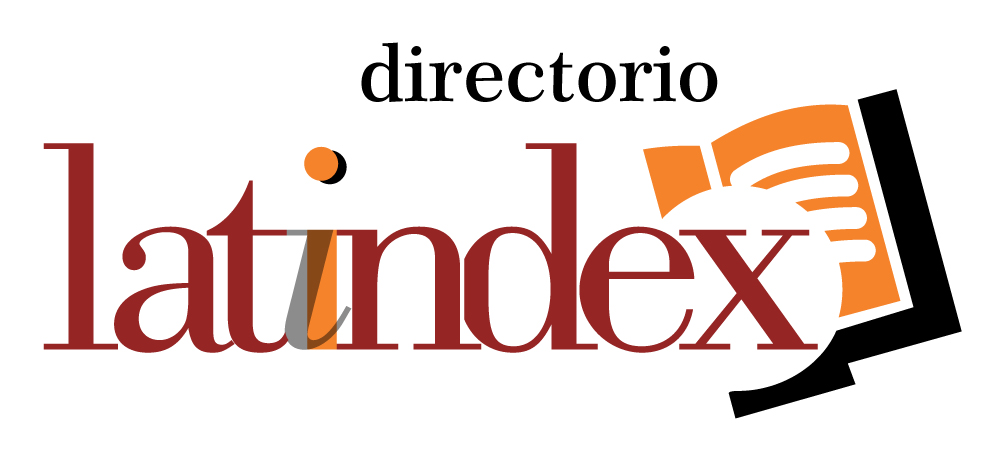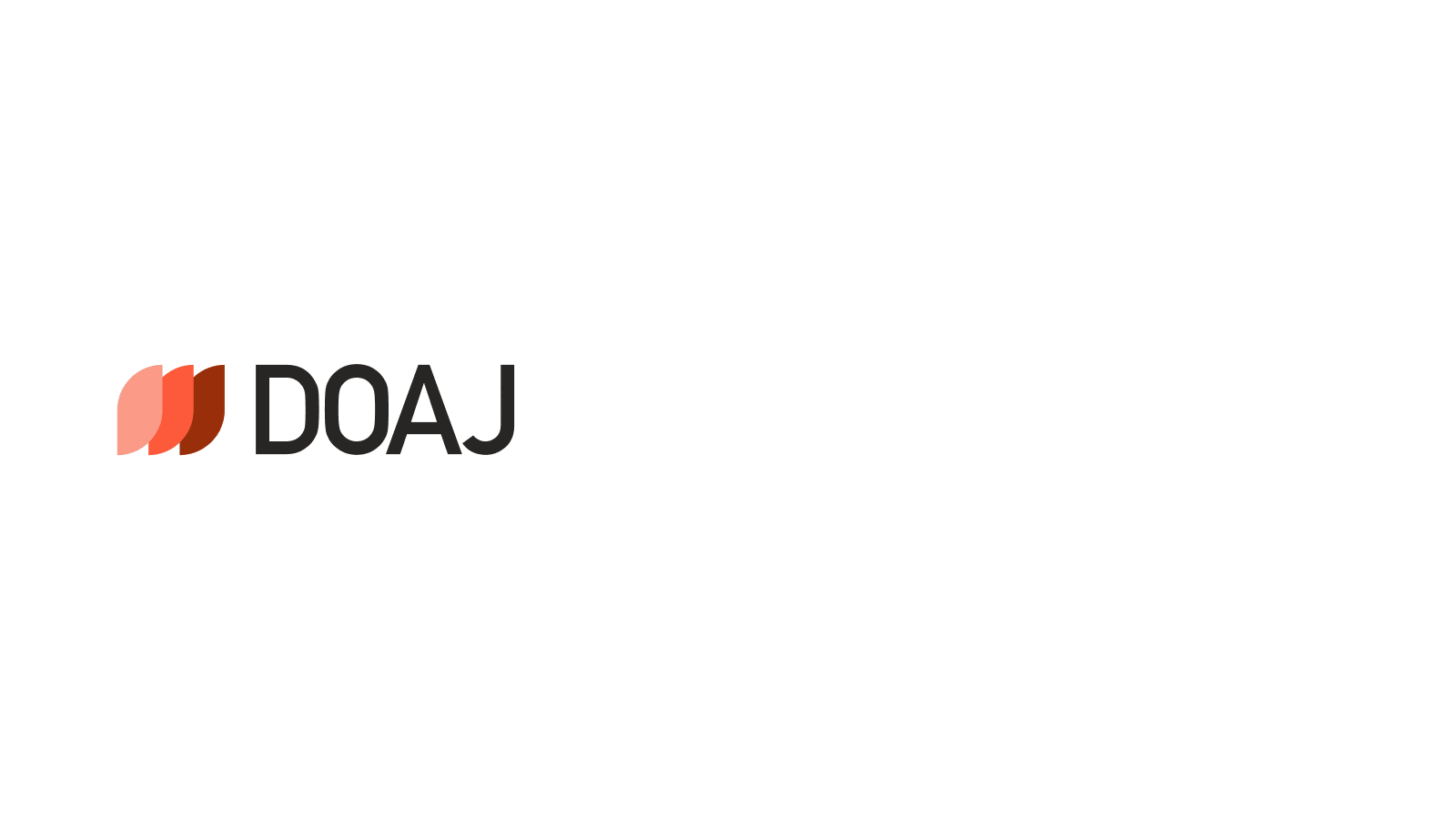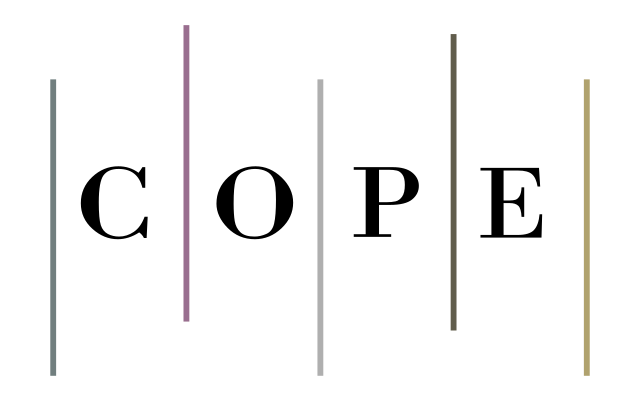Examining ideological premises in Frege’s semantics
An investigation of some standards of uniforming thinking about meaning in the beginnings of analytic philosophy
DOI:
https://doi.org/10.59780/kmvf1222Palabras clave:
Frege, Semantics, Philosophy of language, Analytical philosophyResumen
The present article starts from the assumption that the dominant faction of the authors of the first phase of analytic philosophy – influenced mainly by the work of Gottlob Frege – had a more or less delimited idea of what logic should be, and that this idea founded their own ideology, understood as a standardizing set of ideas about meaning and its scientific parameters. We argue that devising principles for truth-value assignment based on semantic parameters (for effectively selection of well-formed-formulas) has led to an ideological view that is in harmony with both empiricist-positivist dogma, as well as popular sociological perspectives about the conditions for mutual communication and understanding. These conditions are intended to parallel the standards for evidence and inference available in the natural sciences and the criteria for sociological standardization of shared assumptions for effective communicative exchange. In a short appendix we conclude the article by unfolding some perspectives for an alternative view of the concept of meaning, possible thanks to the flexibility of logical parameters (through non-classical logic and semantics) and the critique of the dogmas of the first phase of analytic philosophy (Quine).
Descargas
Descargas
Publicado
Cómo citar
Número
Sección
Licencia
Derechos de autor 2023 Lucas Ribeiro Vollet

Esta obra está bajo una licencia internacional Creative Commons Atribución-NoComercial-SinDerivadas 4.0.









